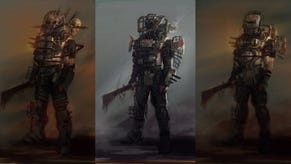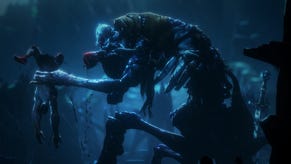Cover Story: Teaching Creative Thought and Expression Through Video Games
Scott Lynch's Gentleman Bastard novel series and other published works serve as examples of how video games encourage writers and other creative types to dream and grow.
This article first appeared on USgamer, a partner publication of VG247. Some content, such as this article, has been migrated to VG247 for posterity after USgamer's closure - but it has not been edited or further vetted by the VG247 team.
Video Games: Inspiring Tales of Adventure, Friendship, and Hot, Hot Love
Even though Lynch's Gentleman Bastard series is indirectly inspired by Final Fantasy VI and other retro RPGs, there's an identifiable common thread between all of them: Companionship, combat, adventure, and exotic, sprawling towns. But the creative inspiration that video games supply can have a surprisingly far reach.
For instance, Australian writer Meredith M. makes her living writing and publishing romance and erotic fiction under a pen name. The chemistry between Final Fantasy IV's cast, she says, is compelling and fun to emulate in her works.
"[Final Fantasy IV's] four core characters – Cecil, Rosa, Kain and Golbez – form such a neat little nucleus, and you can form all sorts of stories around them," she says. "There's enough variation and drama there that you can really deconstruct ideas like family, love, betrayal, mistaken identity, self-hatred, and thwarted desire.
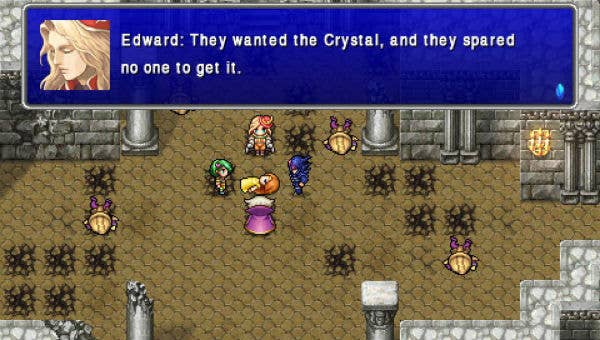
"Being a romance writer, these kinds of things are just what I'm looking for – complex relationships that nonetheless resolve into a happy ending, or, in terms of erotic work, desires that a character may not want to face up to for one reason or another. You could write a great story if Rosa loved Cecil but wanted to bang the hell out of Kain, and how little that fits in with her white mage image."
It's no wonder games mean so many different things to so many creative types, particularly writers. Games are a meandering medium; there's no pressure to pack an RPG's story into two hours of screentime. As Lynch points out, "[Final Fantasy IV has a] sense of narrative assurance (...), a willingness to stop and smell the roses and hang major plot points on something like the opera sequence." That's why Fanfiction.net and the more adult-oriented Archive of Our Own both contain game-based sub-sections with thousands upon thousands of submissions.
Mario's Story Can Be Your Story
The popularity of fanfiction offers insight of how using games to fuel kids' creative growth needn't be expensive or complex. Though writing fanfiction – works based on characters and universes established by other creators – is regarded by some as a pastime for the creatively bankrupt, people have been writing it for literally as long as stories have existed. John Milton didn't invent God, Satan, Adam, or Eve, but Paradise Lost is considered a literary classic because of the unusual way those characters are portrayed.
Needless to say, not every piece of fanfiction matches up to Paradise Lost. A lot of fanfiction is, frankly, horribly-written. But maybe that's the point. Fanfiction is a wonderful way for younger, less experienced writers to work solely on their voice without having to expend a lot of energy on character creation and world-building. Here's a fun exercise: Next time you're in a large group of gamer friends, ask how many of them wrote stories based around their favorite titles in grade school. You'll probably get a lot of sheepish admissions.
But fanfiction's reputation doesn't discount its potential as a learning tool, especially now that the term "fanfiction" is in the mainstream vernacular thanks to popular shows like Bob's Burgers (whose quirky Tina Belcher spends a lot of her free time writing the stuff). Children who are tasked with penning a story from scratch might find themselves overwhelmed, and will feel more secure with parameters in place. Assignments like "Write yourself as a Minecraft character. Describe the house you build and how you defend yourself against Creepers and Zombies" are guaranteed to be a hit with kids.
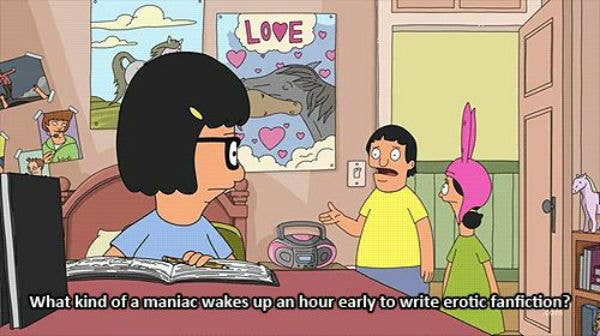
Such assignments would have to be doled out on a case-by-case basis, since not every content creator is cool with people writing fanfiction about their characters and worlds (though the pool of resisting authors is gradually shrinking as fanfiction becomes more mainstream and creators generally draw closer to their fans on social media). Lessons based on writing fanfiction would also need to be paired up with lessons about plagiarism, but grade school kids aren't too young to learn the difference between being inspired by the worlds they love and simply copying already-published content word for word.
Fanfiction and the act of creative writing are already inseparable. Many professionally-published authors delve into writing through fanfiction, often before they know there's a word to describe the activity. "I tried to write Doctor Who fanfiction back in 1991, before I even knew what the term 'fanfiction' was," admits Lynch. "Fanfic is a perfectly valid avenue for the development of skills, and for the simple pleasure of writing your preferred version of beloved characters or a beloved world."
Meredith M concurs, and says she "doesn't care" for the argument that fanfiction is a lazy means of expressing your creativity. "Not everyone wants to be a career writer, and finding an audience is very hard. Fanfiction comes with a built-in audience who are interested to read your work and want to give you feedback," she says.
"I think that getting comments on your work is an underestimated part of developing your writing, and, as with anything, that kind of early feedback is really crucial. It gives people confidence to branch out and create their own things, and even if it doesn't, then it's brought pleasure to someone, and that's a fine thing on its own."
Published authors don't always forsake fanfiction once they've "made it," either. Though professionals understandably have to spend the bulk of their time forming their own worlds and characters, some still turn to fanfiction to unwind and have fun.
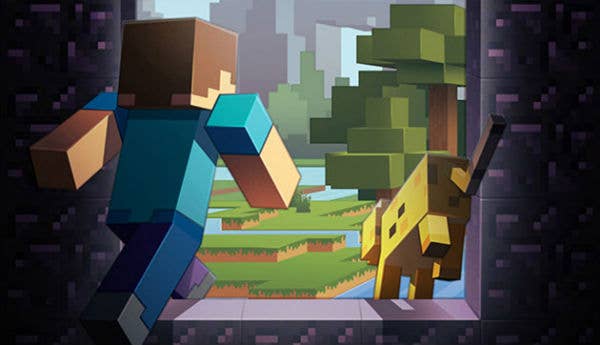
"There's nothing wrong with writing fanfic for the sheer non-commercial joy of fanfic, or for the joy of reinventing or finessing something you find limited, problematic, or inadequate," Lynch says. "Quite a few fanfic writers develop professional-level chops, and some of them are perfectly content to never develop original work. Conversely, some people who are perfectly capable of original work do fanfic for love. [Science fiction author] Steve Brust wrote an entire Firefly novel you can find on the internet".
Meredith M believes expecting writers to always retain a "Sell This!" mentality is antithetical to the creative process in general, and fanfiction is a perfect counter to that harmful mindset. "There's something bizarrely – if I can say this – capitalist about the idea that you shouldn't write unless you intend to make a career out of it, and pour the thousands of hours required into creating a storyline, characters, universe, whatever else, into something that can and should just be a cool pastime, for fun and enjoyment," she says. "I'm a big believer in the idea that there's as many interpretations for a work as there are consumers, and that to say there is only one way to read the character or respond to a character is a little restrictive."
Play, Write, n' Learn
It's a good time to be a gamer, especially a young gamer. The generation that grew up with Mario and Sonic hasn't forgotten the impact games made on them, and they're eager to share the medium's potential as a learning tool with their own children.
But even as we encourage kids to pay attention to mathematics and programming through their favorite video games, we shouldn't forget to give them a high-five for opening their minds, expanding their vocabulary, and improving their sentence structure through whatever game-inspired pictures they draw, or game-inspired stories they pen. The new writer penning a story about Minecraft's Steve today may construct the next Harry Potter-level phenomenon tomorrow.

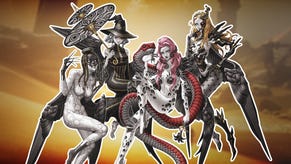
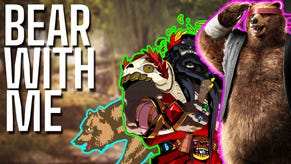
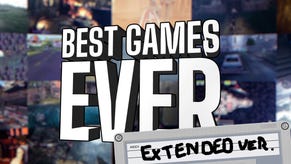
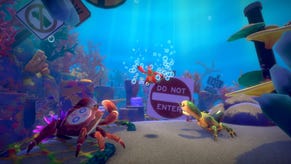
.jpg?width=291&height=164&fit=crop&quality=80&format=jpg&auto=webp)
